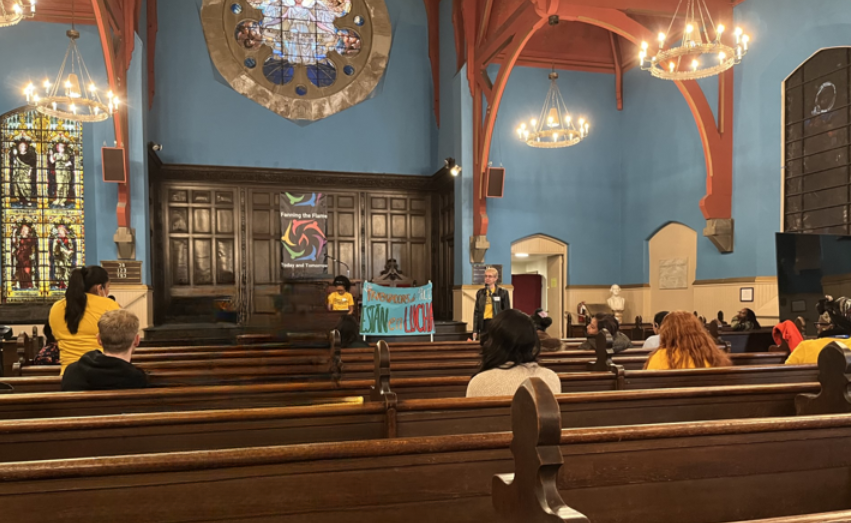Today, the Sheller Center is releasing Justice on Paper: Gaps Between Language Access and Policy in Pennsylvania. This report focuses on how the Pennsylvania courts are addressing limited English proficient (LEP) individuals who use the state court system to defend and enforce important rights as tenants, domestic violence victims, and parents. Pranav Ramesh (‘26), Natalia Mahecha Baron (‘26), and Franchesca Johnson (‘26), who authored the report, found that the Pennsylvania courts have both made substantial progress and failed to live up to the statewide language access plan (LAP) issued by the Pennsylvania Supreme Court in 2017. Their investigation is based on surveys with attorneys and community advocates, student in-court observations, and interviews with court staff and advocates.
The report concludes with recommendations of how the Pennsylvania courts could even further improve language access for LEP individuals by comparatively looking at how other jurisdictions approached the implementation of their language access policies. The Sheller Center has a history of working on language access issues in the Pennsylvania courts, with its earlier reports, Barriers to Justice for Non-English Speakers in Pennsylvania Courts and Unfinished Business, published prior to the issuance of the statewide LAP.

